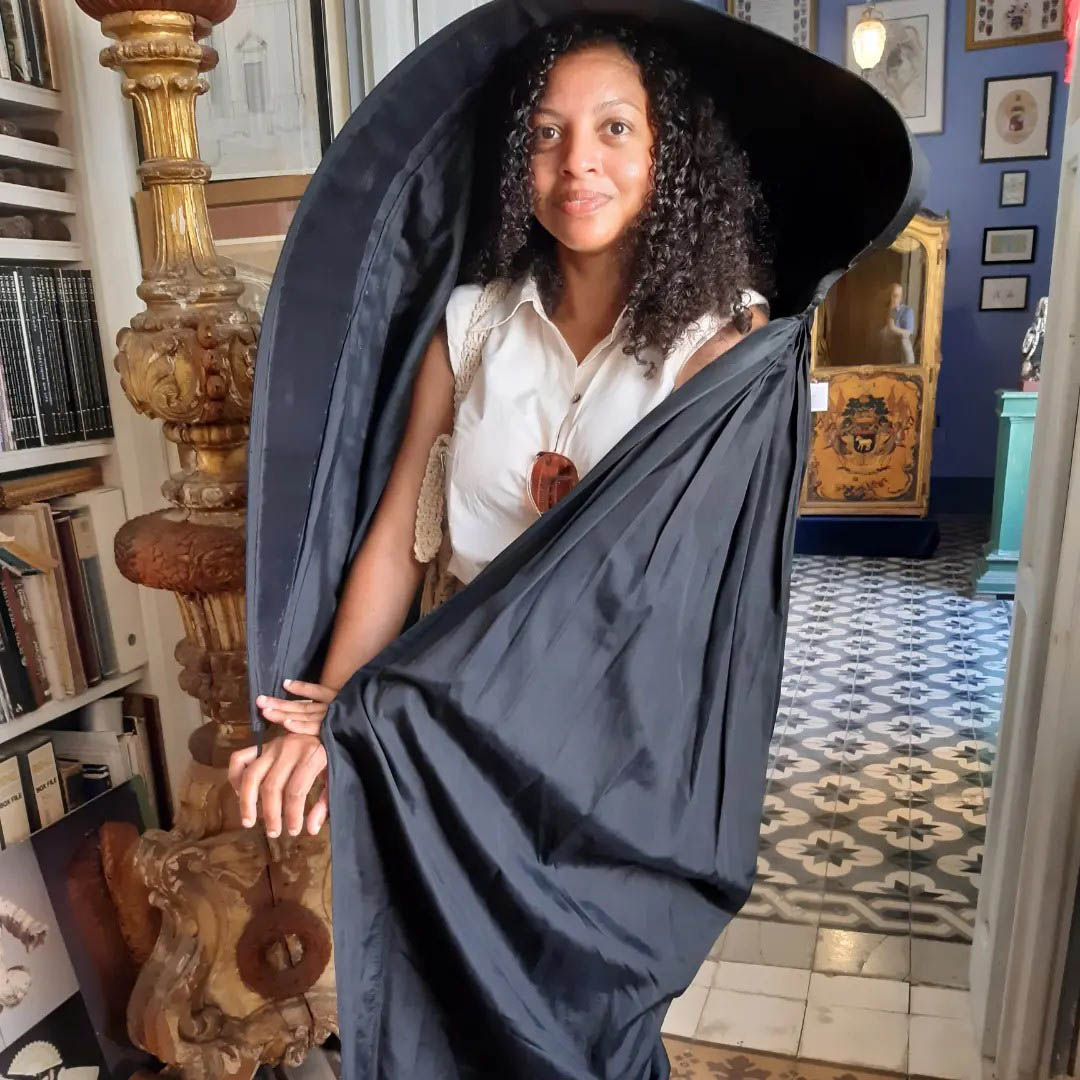 This summer in Europe has made me question if I was really once a child who was born and raised in the tropics. Some days it feels as if there is no air left to breathe. This level of humidity feels violent, as if its main aim is to ensure you feel its wrath. The continuous sweating feels as if your body is permanently drenched in tears. The uncomfortableness allows irritability to consume you quicker, making you snap easily at the slightest inconvenience. Sure one can turn on the air conditioning or fan (those who are privileged to have access that is) but these only work indoors.
This summer in Europe has made me question if I was really once a child who was born and raised in the tropics. Some days it feels as if there is no air left to breathe. This level of humidity feels violent, as if its main aim is to ensure you feel its wrath. The continuous sweating feels as if your body is permanently drenched in tears. The uncomfortableness allows irritability to consume you quicker, making you snap easily at the slightest inconvenience. Sure one can turn on the air conditioning or fan (those who are privileged to have access that is) but these only work indoors.
Climate change, as much as we would like to deny it and as oil gets pumped out of the backyard of our beloved Guyana, is here. From the children in Port Harcourt, Nigeria running around with soot covered feet, to the catastrophic flooding disrupting the lives of some 9.5 million Bangladeshis; from the cracked runways in the United Kingdom to the drying up the Rhine River in Germany making it difficult for cargo ships to pass though, the evidence is all arounds us.
Maybe it is only when something horrendous happens to us personally that we will start to make the connection. Perhaps too we see the increase in temperatures in Guyana as the reality of life in the tropics or our privilege insulates us from seeing how such harsh conditions affect farming and health, particularly of those in the informal economy whose main work requires them to be outdoors for long periods of time.
It has always been my opinion that most of us at home weren’t raised with a culture of environmental protection and sustainability. We marvel at high-rise buildings, turn up our noses at architectural styles that are mostly suited for West Indian and tropical living while running wild in Europe to photograph dainty houses and buildings to share on social media and sometimes too, proudly show off the jaguar we just hunted and killed.
These attitudes are symbolic of a people dying to imitate and replicate capitalist lifestyles, often to separate the haves from the have-nots. Perhaps it is the aftershock of a post-colonial society where ideas, culture and way of life suffer from inferiority complex. It is always so evident with the images circulating on social media showing suited up politicians out in the field and while ambassadors and their partners wear climate appropriate attire. My personal favourite is the partner to the British Ambassador to Guyana, his sandal game has been on point since he landed.
The truth is that we have always had the tools, knowledge, and culture to live healthy, sustainable, and eco-friendly lives. But at the fast pace at which capitalism operates and because most of Guyana’s wealth derives from extracting its resources at the cheapest cost to the detriment of the environment and its people, it’s natural that our core values will get reshuffled and somewhat bent to fit spaces, people and places that benefit from them.
I thought about this a lot last week while I was in Malta and at Casa Rocca Piccola. I tried on a Ghonnella, a traditional hooded shawl made from whale bone, once worn by all of the women in Malta and Gozo. It’s main purpose was the protect them from the intense Mediterranean heat. It disappeared slowy after the Second World War. It was too seen as too bulky for public transport. In other words, it slowed up human efficiency thus reshuffling the way of life and comfort of women. Though different it reminded me of the countless Guyanese women I saw growing up who would shade themselves with umbrellas when carrying out their business in town. Heat strokes, fainting, nausea, muscle cramps, etc from the intense heat, were what the women from both places were trying to ward off.
The increased temperatures will continue. Climate change is not only as reminder of Mother Nature’s of retaliation for all the ways we have wronged her but a desperate wake-up call to remind us that perhaps our jalousie windows which cooled our homes naturally weren’t such a bad idea after all. The traditional farming methods ensured less chemicals in our foods and the ghonnellas and umbrellas allowed less use of toxic sunscreen lotion which are laden with harsh chemicals. Climate change is here and as much as we need come up with new solutions for energy, so many answers can be found in the past to ensure safer, more sustainable and healthier communities.
Special thanks to Baron Nicholas for photographing me and showing me a bit of fashion history from his archive.
Instagram @ashmaamanda





